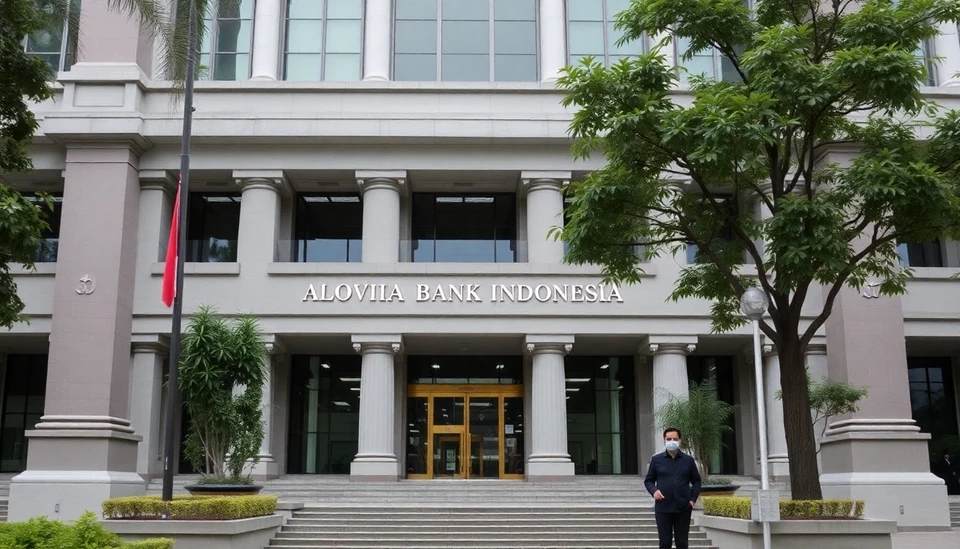
In a significant move to restore integrity and confidence in the banking sector, Bank Indonesia, the country's central bank, has made headlines with the removal of key officials implicated in a scandal involving state bank commissioners. This decision aims to uphold the institution's reputation while reinforcing transparency across the financial landscape.
The controversy first erupted when allegations surfaced regarding the misconduct of certain commissioners within Indonesia's state-owned banks. These allegations included claims of improper activities and potential conflicts of interest, which prompted an internal investigation led by Bank Indonesia. As a result, the leadership recognized the need for immediate action to address these serious concerns.
As part of the restructuring, several high-ranking officials were relieved from their duties. This includes members of the supervisory board who played a role in overseeing the operations of state banks. With this decisive action, Bank Indonesia signals its commitment to enforcing ethical standards and ensuring that governance practices are upheld in the financial sector.
In the wake of these changes, experts suggest that restoring public trust in state-owned banks is paramount. The banking sector plays a crucial role in Indonesia's economy, and any perceived lapse in governance can have far-reaching implications. Therefore, the central bank's efforts to tackle these issues head-on are crucial for maintaining financial stability.
Furthermore, Bank Indonesia continues to reinforce its regulatory framework by implementing measures to strengthen oversight and compliance. The decision to remove officials linked to the scandal is only one part of a broader strategy aimed at enhancing the accountability of financial institutions within the country.
As the investigation unfolds, stakeholders are eager to see what additional reforms Bank Indonesia will pursue to regain public confidence. In a landscape where trust is hard-fought, the central bank's commitment to maintaining ethical standards and responding to misconduct is essential for fostering a transparent financial environment.
The swift actions taken by Bank Indonesia underline the institution’s proactive stance in addressing a crisis that could undermine the integrity of the banking system. As more developments arise, the central bank’s approach will serve as a testament to its dedication to upholding financial governance in Indonesia.
As the situation continues to evolve, all eyes will remain on Bank Indonesia as it navigates the challenges ahead and works to reinforce its leadership role in the nation's banking environment.
#BankIndonesia #StateBank #LeadershipChanges #FinancialTransparency #IndonesiaScandal
Author: Samuel Brooks




